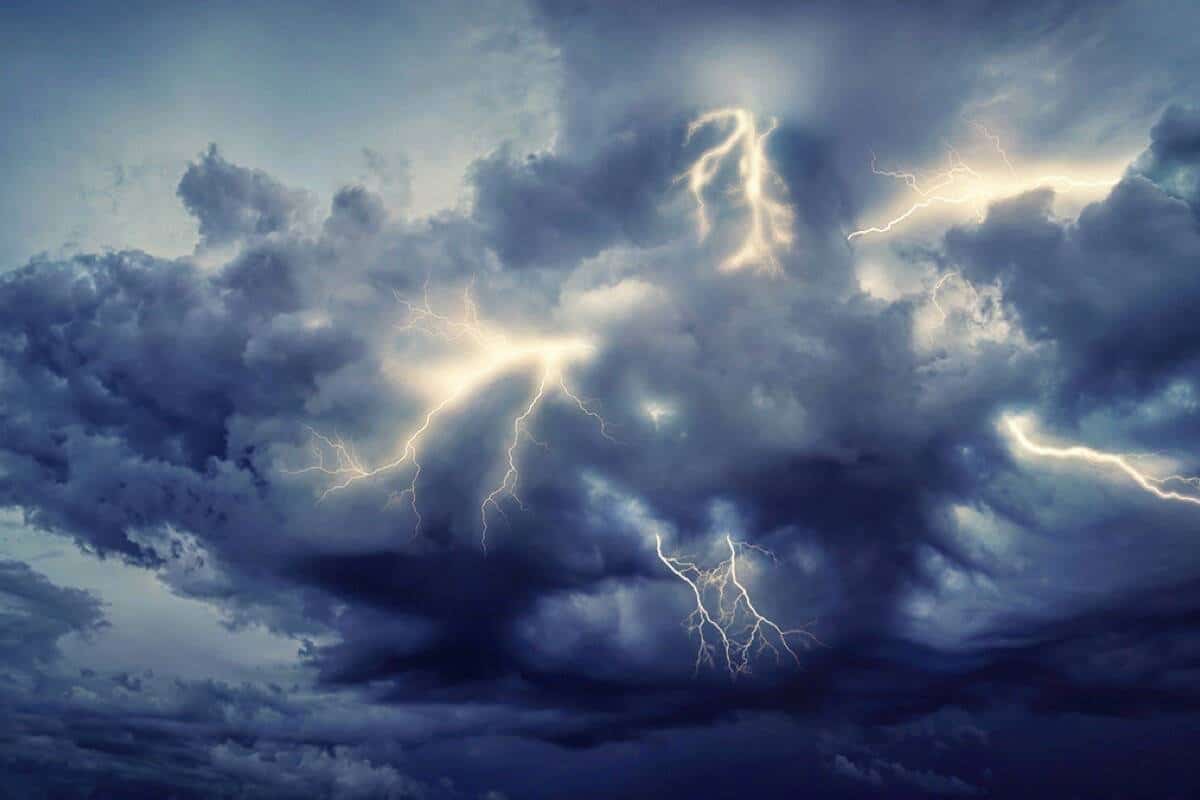Least climate change resistant cities in Canada list includes Oshawa, Hamilton
Published September 17, 2024 at 9:44 am

A recent study has found Oshawa and Hamilton among the Canadian cities that will be most harmed by the impacts of climate change.
The study comes from D’Angelo and Sons, a Hamilton-based roofing and development company. For the study, they compiled data from the 2021 Canadian Census and the World Resources Institute Aqueduct Water Risk Atlas to rank the cities based on how well they will handle the changing climate over the next few decades.
They primarily ranked based on eight criteria;
- Projected water stress in 2050, or how much water these cities will need in that year
- Drought risk,
- River flood risk,
- Coastal flood risk,
- Hurricane risk,
- Wildfire risk,
- Extreme heat risk, and
- Financial incentives for energy-efficient home upgrades (This is ranked by province.)
In all, the most vulnerable cities are a three-way tie for 18th between Hamilton, St. Catharines and Toronto. Oshawa followed closely behind at 17, with Regina, Saskatchewan at 16th.
These cities “are most at risk for severe climate change impacts, or are already seeing more extreme weather,” according to the study. All of them are set to be at “extremely high risk” of exceeding water access by 2050, at a high risk of wildfires and have a medium risk of extreme heat events. Each is more than twice as likely to experience river flooding than the Canadian average.

Much of the issue with these cities is that they all sit on Lake Ontario. “Sharing a water supply across populous cities is likely to stretch resources, making it likely these cities will face a water shortfall by 2050. More frequent or extreme flooding also means Ontarians in these cities are twice as likely to be impacted by riverine floods than the overall average across all 20 cities.”
On the flip side, the most climate-change-resilient cities include Victoria, Kelowna and Vancouver, British Columbia; Quebec City, Quebec and Ottawa, Ontario. Each of these cities has plenty of access to drinking water. Most, save Vancouver, are also geographically protected from flooding. Quebec City and Ottawa, however, are at risk of extreme heat waves.
The full ranked least reads;
- Victoria, British Columbia
- Kelowna, British Columbia
- Vancouver, British Columbia
- Quebec City, Quebec
- Ottawa, Ontario
- Kitchener, Ontario
- London, Ontario
- Sherbrooke, Quebec
- Winnipeg, Manitoba,
- Edmonton, Alberta
- Windsor, Ontario
- Saskatoon, Saskatchewan
- Regina, Saskatchewan
- Calgary, Alberta
- Montreal, Quebec
- Halifax, Nova Scotia
- Oshawa, Ontario
- Hamilton, Ontario
- St. Catharines, Ontario
- Toronto, Ontario
INthehammer's Editorial Standards and Policies





